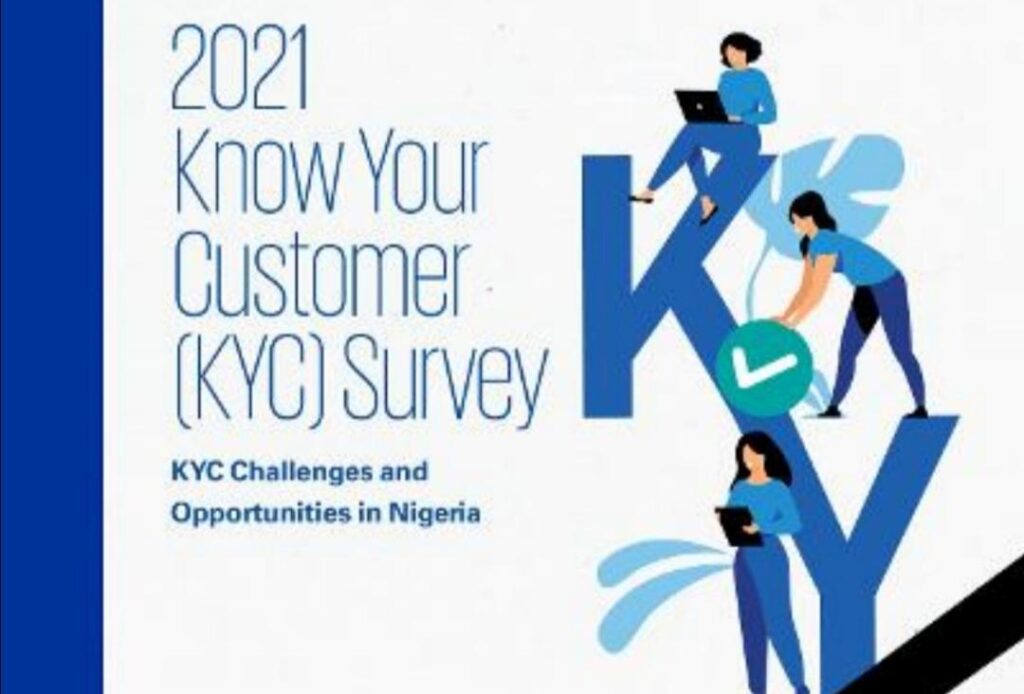KPMG Nigeria has launched what it tagged ‘Know Your Customer (KYC)’ tool that will be used by the financial service industry to reduce the menace of money laundering, terrorist financing and other financial crimes.
According to KPMG, the launch of the tool is necessitated by the fact that the Financial Services (FS) industry is pivotal to the development of economies as it facilitates financial flows within and across borders. This industry, however, is also exposed to abuse as criminally-minded individuals, corporations and States can exploit the financial industry to facilitate bribery, money laundering, sponsoring of terrorism and other financial crimes.
Unveiling the tool, the advisory firm noted that apart from using KYC to curb financial crimes, it can also be an inhibitor to financial inclusion, especially in jurisdictions like Nigeria that do not have centralized identity management systems; and can be quite challenging and expensive for players in the financial services industry.
Meanwhile, in a report supported by a Survey conducted by KPMG, some challenges were identified. They are:
- 85% of the banks that responded to the survey state that KYC process constitutes a significant cost to the banks, with 71% anticipating that the cost of KYC will continue to increase.
- 15% to 30% of customers who start the KYC process do not complete it, because the process is unnecessarily time-consuming and manual. It is even more worrisome that 48% of customers are not satisfied with the account opening process in their banks.
- While the Central Bank of Nigeria’s tiered KYC initiative has led to increased efficiency for Tier 1 category of accounts, because 71% of banks state that they can complete the onboarding of a Tier 1 customer in 1 day, there is still room for improvement in Tier 2 and Tier 3 as the account opening process can last from 1 week to over 1 month.
- Banks noted their topmost challenges with performing KYC in Nigeria as identifying complex legal structures; verifying addresses, verifying and updating identities; identifying and verifying Politically Exposed Persons (PEPs); as well as them remediating rather high-volume legacy accounts.
Despite these challenges, CCOs and the respondents are very open to continuing to explore technology as a way of tackling the challenges of KYC in Nigeria. Some of the proposed innovative opportunities include: Shared KYC Utility (71% of the respondents are open sharing the cost of KYC with other banks); use of Artificial Intelligence, Machine Learning and Robotics to automate the KYC process; Use of a recognized PEP database in Nigeria; Online verification of corporate records at the Corporate Affairs Commission; and collaborative supervision by regulators.



